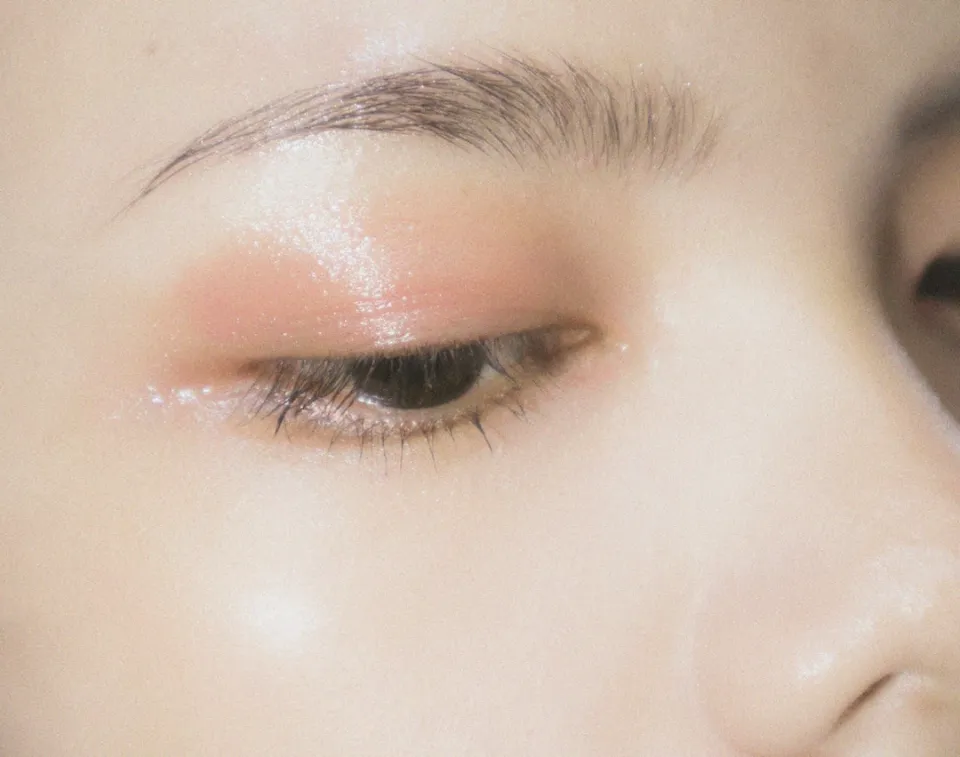If you don’t know much about lasers, you might be concerned about the potential health risks, but laser hair removal can be an excellent way to get rid of unwanted hair permanently. One question that many people have about laser hair removal is whether it might be able to cause cancer.
The ultraviolet (UV) wavelengths used in laser therapy are different from those in sunlight (i.e. UVA and UVB), which are known to damage the DNA in cells and cause skin cancer.
What is Laser Hair Removal?

In order to understand the potential risks of laser hair treatment, it’s worth taking a moment to think about the way it works. A laser is a concentrated beam of light that points only in one direction. Specific light wavelengths from the visible or infrared spectrum make up the lasers used for hair removal procedures.
The laser will heat up the pigment inside the hair in order to kill the follicle. It won’t be possible for that hair to grow back once the follicle has been destroyed. The laser treatments performed at the Dermadoc clinic are targeted at the hair follicles, so it won’t penetrate deep into the skin or have any effect on the surrounding skin. It won’t harm the skin in the same way that the longer wavelengths of light used for IPL treatments can.
Laser Treatment and Skin Cancer
One question you may have about laser therapy is whether this kind of light might make skin cancer more likely. Exposure to particular UV light wavelengths is linked to skin cancer. Both natural and artificial light sources, such as tanning beds, expose us to UV radiation. It has a high energy wavelength that is invisible to humans.
Because UV light is so potent, it can alter the genetic makeup of our cells. Skin cells may develop cancer if the incorrect section of DNA is damaged. For this to happen, it typically takes a long time of exposure to sunlight or other UV types. The same kind of damage is also responsible for many of the signs of ageing, such as wrinkles.
Laser hair removal does not use UV light, despite using light energy. The wavelengths that are used to specifically target hair follicles are longer and less energetic. There is no risk that they could damage the genetic material in your cells, so having laser hair removal won’t increase the risk of skin cancer.
Could Laser Treatment Cause Other Forms of Cancer?

Because they don’t contain UV light, hair removal lasers cannot cause skin cancer. However, you might still be worried that the treatment could put you at risk of other forms of cancer.
When carried out by an experienced physician at a reputable clinic, laser hair removal is very safe. There is no proof that receiving laser therapy can make one more susceptible to any kind of cancer or other diseases. Since we have used laser hair removal for many years, we are also confident that there are no long-term side effects for our patients.
Long-term Side Effects of Laser Hair Removal
Actually, we use the same laser technology that we do for hair removal to help with dark spot removal and skin rejuvenation procedures.
Today, a variety of laser procedures are available to help remove unwanted hair, slow the effects of aging and the sun, and improve the appearance of skin that appears flaky. These lasers can be ablative, which means they burn away the skin’s top layer, like the CO2 or erbium laser, or nonablative, like a resurfacing laser, which removes wrinkles without causing any skin peeling. The use of ablative or many nonablative lasers promotes collagen synthesis, which improves the appearance of fine lines and wrinkles.
None of these lasers increase the risk of getting skin cancer because the FDA-approved lasers used for hair removal or other skin procedures emit such a small amount of radiation and only contact the skin’s surface. Cancer risk is therefore nonexistent. Some are even helpful in treating precancerous lesions, which lowers the risk of getting skin cancer.

The Bottom Line
Overall, laser hair removal is safe and effective for most people. As a precaution, you shouldn’t get the procedure done near your eyes or during pregnancy. If any unusual side effects from laser hair removal treatments appear, consult a doctor.
Also, know that the procedure doesn’t guarantee permanent removal. You might need follow-up treatments.








